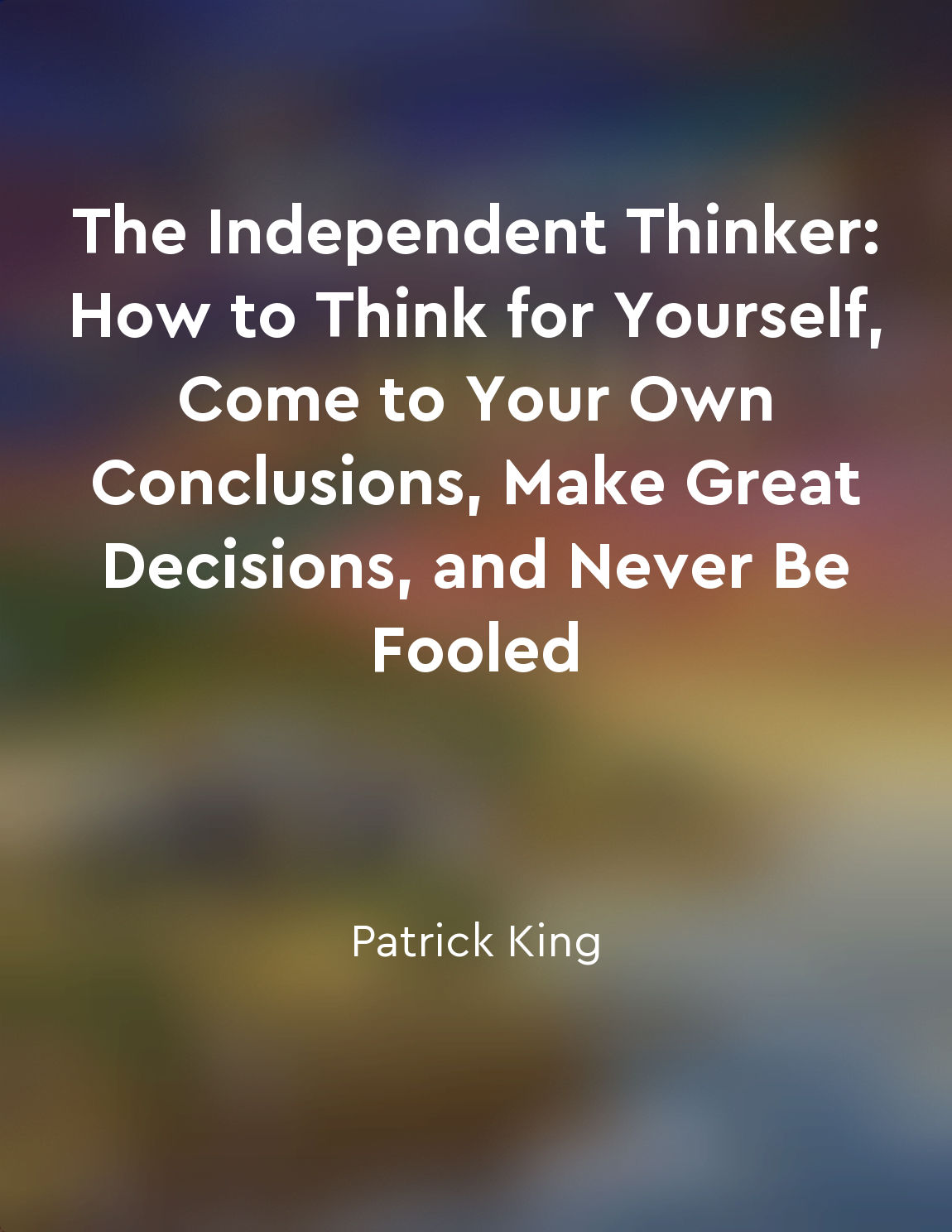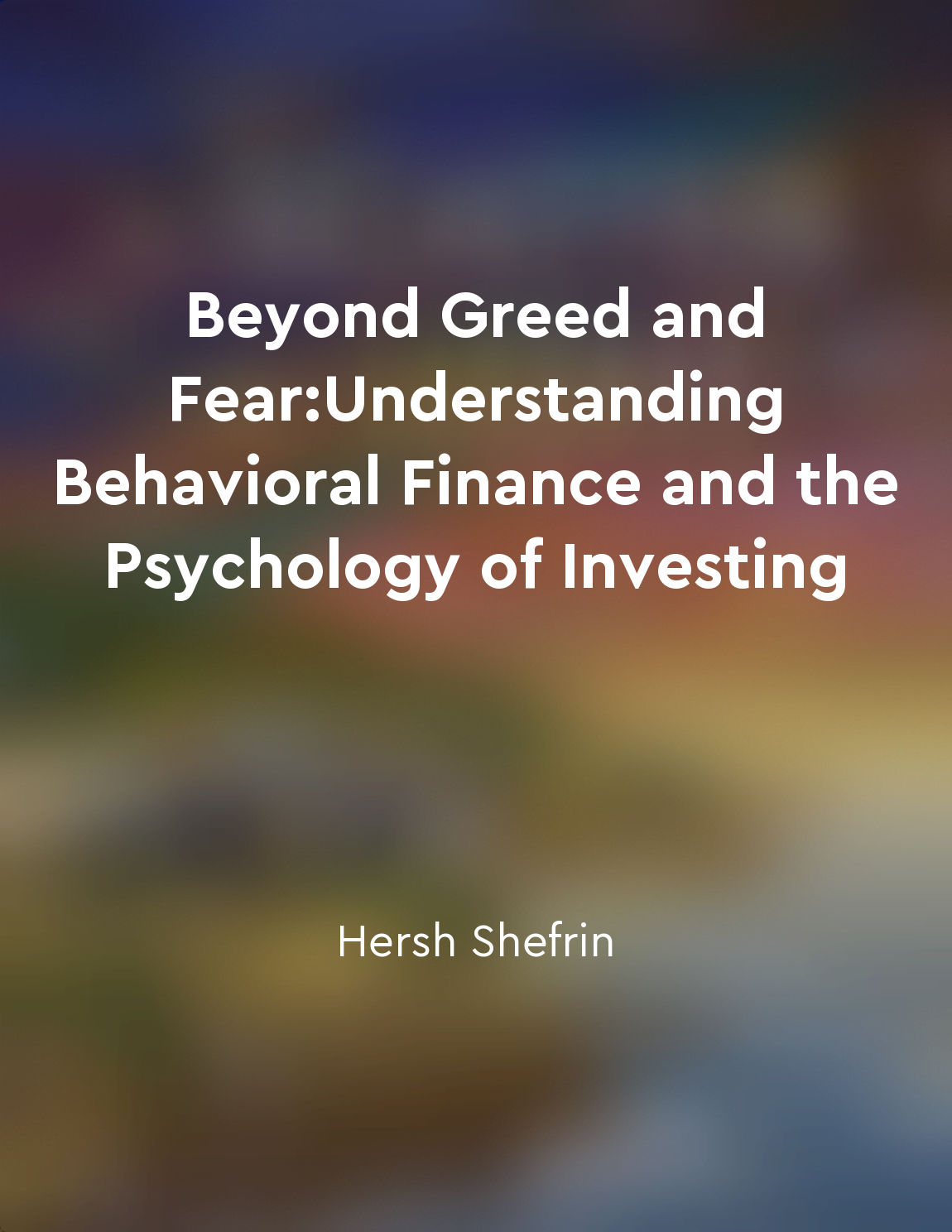Audio available in app
Our decisions are influenced by biases and emotions from "summary" of Predictably Rational? by Richard B. McKenzie
When we make decisions, we often like to think that we are being rational and logical. We believe that we are weighing all the options carefully and choosing the best course of action based on objective facts and evidence. However, the reality is that our decisions are often influenced by biases and emotions that we may not even be aware of. One of the main biases that can affect our decision-making is the confirmation bias. This bias leads us to seek out information that confirms our existing beliefs and ignore information that contradicts them. As a result, we may make decisions based on incomplete or biased information, rather than considering all the available evidence. Another common bias is the availability heuristic, which causes us to rely on information that is readily available to us when making decisions. This can lead us to overestimate the likelihood of certain outcomes simply because they are more salient in our minds, even if they are not actually the most probable. In addition to biases, our decisions are also influenced by our emotions. Emotions play a powerful role in shaping our choices, often leading us to make decisions based on how we feel in the moment rather than on a careful consideration of the facts. For example, we may be more likely to take risks when we are feeling positive and optimistic, or avoid making decisions altogether when we are feeling anxious or fearful.- We can take steps to mitigate their impact and make decisions that are truly rational and logical. Ultimately, by recognizing the role that biases and emotions play in our decision-making process, we can become more effective and successful decision-makers.
Similar Posts

Practice empathy to connect with others
To truly connect with others, it is essential to practice empathy. Empathy is the ability to understand and share the feelings ...
Continuously refine and improve our thinking process
The process of thinking is not a fixed and unchanging entity; it is a dynamic and ever-evolving activity that requires constant...

Rationality involves making decisions based on reason
Rationality, at its core, requires the application of reason in decision-making processes. This means that individuals should b...
The concept of Wu Wei emphasizes the power of nonaction
Wu Wei, a central concept in ancient Chinese philosophy, is often translated as "nonaction" or "effortless action." This idea e...

Stay openminded
The concept of staying openminded is crucial for independent thinking. It involves being receptive to new ideas, perspectives, ...
Social norms affect judgment and behavior
Social norms play a crucial role in shaping our judgment and behavior. These norms are unwritten rules of behavior that govern ...

Education and experience do not always prevent behavioral biases
One might think that with education and experience, individuals would be able to avoid falling prey to behavioral biases. Howev...
The power of budgeting and saving
Budgeting and saving are two fundamental aspects of financial management that play a crucial role in securing one's financial f...
Managing emotions is key to managing stress
The ability to manage emotions effectively is a crucial skill when it comes to dealing with stress in the workplace. When indiv...
Market economies have elements of both capitalism and socialism
In market economies, there is a mixture of both capitalist and socialist elements. This means that while individuals and busine...

